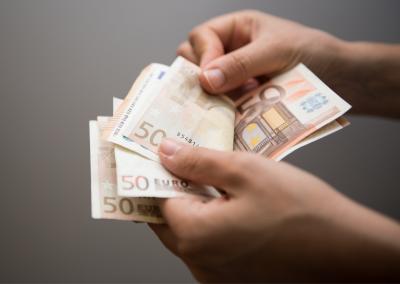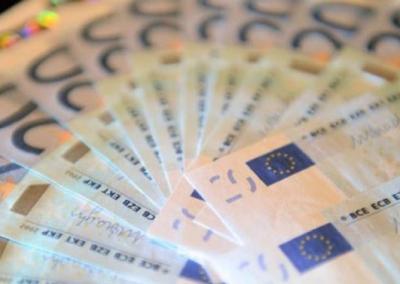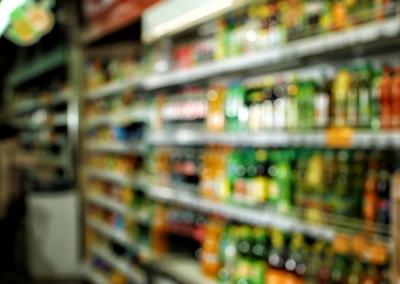Experts: Lithuania is unique in having significantly reduced alcohol consumption
Lithuania has been able to reduce alcohol consumption in record time, following the implementation of the World Health Organisation (WHO) recommendations to reduce alcohol consumption in recent years, both foreign and Lithuanian experts point out.
According to them, Lithuania is a unique country in this respect – thanks to its implementation of the WHO recommendations, the average life expectancy of people has started to increase in recent years, and the number of cases of alcohol poisoning has been reduced by half.
Maria Neufeld (Maria Noufeld), Alcohol Expert at the WHO Regional Office for Europe, says Lithuania is unique in the country because of the alcohol control policies it has implemented and is continuing to implement, as it has implemented the WHO's recommendations to increase the taxation of alcohol, reduce its availability and ban or restrict the advertising of spirits in a record time among all the WHO member countries.
„They (the implemented recommendations – BNS) have had a very significant impact“, – a WHO representative said at a press conference in the Seimas on Wednesday.
„Alcohol consumption has fallen by several litres (per capita – BNS). Thousands of lives have been saved. Millions of euros have been saved or collected (for the budget – BNS) through increased taxes“, – added Ms Neufeld.
Lithuania is an interesting case study in terms of how the WHO recommendations have been implemented and what effect they have had, she said.However, the expert said that the country's consumption of spirits is still higher than the EU average: "Lithuania's alcohol consumption is still slightly higher than the EU average. So there is room for improvement, but things are moving in the right direction.
According to Jurgen Rehm, chair of the International Agency for Research on Cancer (IARC) Working Group on Alcohol Policy, Lithuania's proactive campaign to reduce alcohol consumption has led to an increase in life expectancy and a reduction in hospital admissions due to alcohol consumption.
He said that the ban on alcohol advertising in Lithuania has led to a doubling of the number of poisonings.
„Already in the first year, then it stayed. So the measure worked. Young people no longer receive daily messages on social media targeting them for drinking alcohol," explained Mr Rehmas.
„There have been periods when less attention has been paid, but there have also been periods when very strong measures have been implemented,“ the researcher said at a press conference.
He identified the increase in excise duties in 2017 as one such measure.
„From a scientific point of view, this was an absolutely unique case to do both research and evaluation, because it was not a small excise duty hike, but rather a significant one, which can have both long-term benefits and immediate effects as early as next year. This measure alone reduced overall mortality by 1.4 thousand deaths in one year," said Mr Štelemėkas.
In 2017, excise duty on beer was increased by 112%, on wine by 111%, on intermediate products by 93% and on spirits by 23%. Excise duties are set for three years to give businesses time to adjust.
In 2018, alcohol advertising was banned, alcohol was restricted to people aged 20 and over, sales hours were reduced and alcohol is available until 3pm on Sundays.















































































































